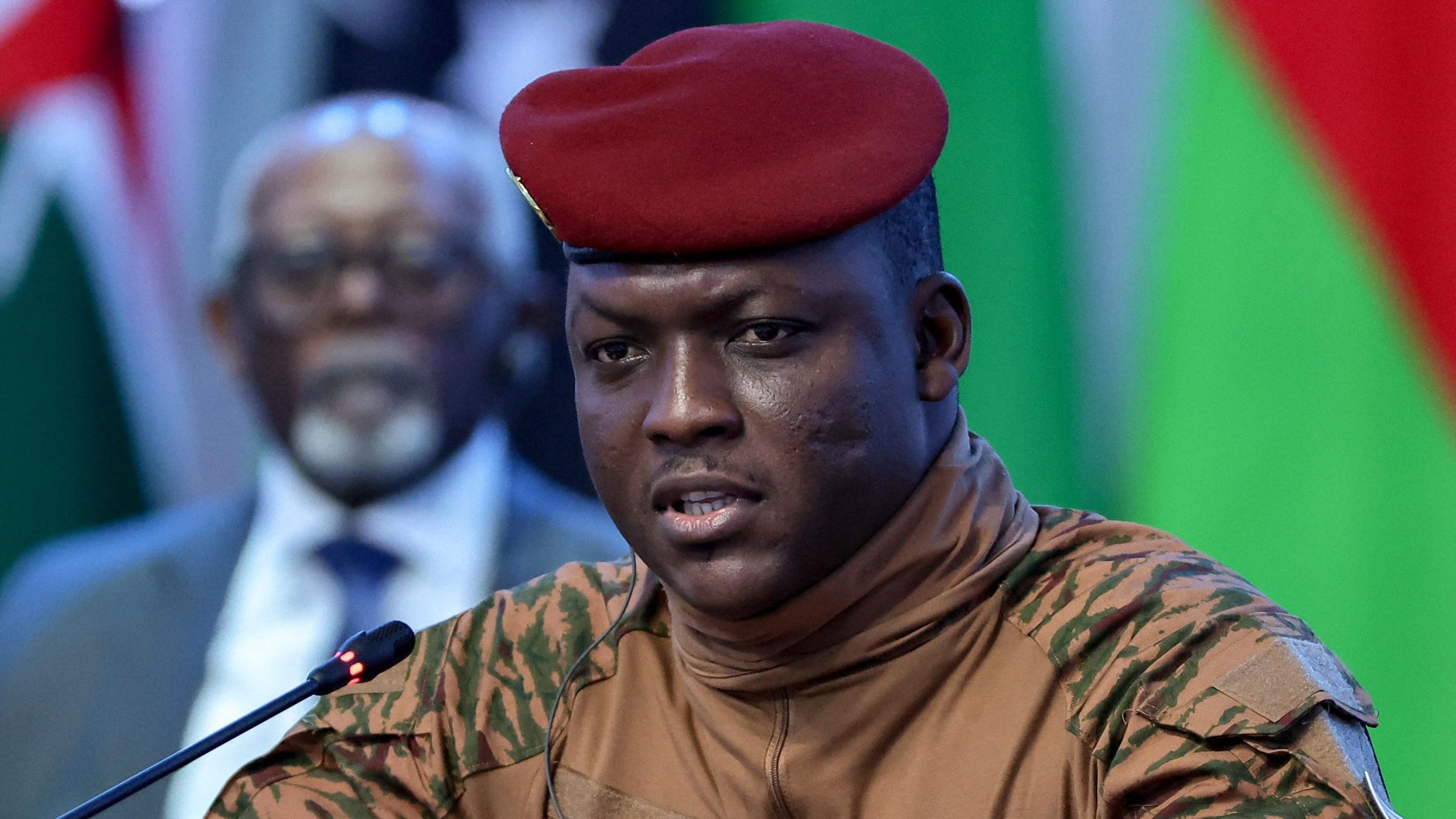There are many misconceptions arising from the liberation struggles of certain African countries that have formed an axis of defiance against perceived Occidental exploitation. In the midst of such misinformation, it’s necessary for pundits, academicians, and social critics to plunge into the fray inorder to separate chaff from grain so that the hoi polloi can make informed deductions and conclusions. I dare not assume that I sincerely regard myself as part of that well-informed demographic, but here’s my humble opinion about the whole fracas, backed by academic sources:
Walk with me…
Africa’s pursuit of progress through isolationism, as exemplified by Burkina Faso, Mali, and Nigér’s recent withdrawal from ECOWAS, reveals a fraught tension between sovereignty and survival. While the continent’s historical grievances against Western exploitation fuel desires for autonomy, contemporary realities highlight the impossibility of true autarky.
Africa’s struggle for autonomy is ensnared in a cruel paradox: even as nations like Burkina Faso rage against the neocolonial superstructure, the global capitalist edifice of Western powers, multinational corporations, and financial institutions; they remain umbilically tied to its lifeblood. When the superstructure commands, “Jump!,” African states, hollowed out by decades of extraction, can only whisper, “How high?” The tragic truth is that Africa’s liberation cannot be won by moral leaders alone; it is a systemic battle against a rigged game where the rules are written in Brussels, Washington, and Davos.
As one of my political economy courses likely emphasised, the superstructure operates through asymmetrical power, all enabled by local elites who, as Frantz Fanon foresaw, become “transmission belts” for neocolonialism. Walter Rodney’s “How Europe Underdeveloped Africa” dissects this: raw materials flow out, profits flow to shareholders, and poverty becomes endemic. Burkina Faso’s junta, despite its anti-Western posturing, relies on Russian Wagner mercenaries and Chinese infrastructure loans, swapping one master for another. Thomas Sankara’s fate (assassinated after challenging French hegemony and IMF dogma) illustrates the peril of defiance. The superstructure tolerates no dissent; it absorbs or annihilates.
Today, Traoré’s Burkina Faso, though rhetorically insurgent, still depends on gold exports to multinationals to fund its war against jihadists. As Marxist geographer David Harvey argues, capitalism survives through “accumulation by dispossession,” a cycle where African resources are looted to sustain Global North prosperity. Leaders, however well-intentioned, become managers of crisis, not architects of sovereignty.
Philosophically, this dilemma echoes Spinoza’s “conatus,” the innate drive for self-preservation that animates both individuals and states. Spinoza’s assertion that “each thing, as far as it can by its own power, strives to persevere in its being” (Ethics, Part III) clarifies why nations, like Burkina Faso’s junta, prioritise security and sovereignty. Yet, Spinoza also warned that interdependence is inevitable in a world of finite resources; a truth Africa cannot escape.
The Sahelian axis, seeks to defy this reality. Their Alliance of Sahel States, framed as a bulwark against terrorism and Western hegemony, mirrors Frantz Fanon’s call for revolutionary self-reliance. However, Fanon’s vision presupposed a foundation of education, infrastructure, and unity—elements glaringly absent in Burkina Faso, where militant violence has tripled since 2022, displacing millions and straining governance. Traoré’s government, though rhetorically committed to progress, grapples with a lack of technological capacity, an undereducated workforce, and a leadership vacuum filled by sycophants. While Western powers are no longer convening colonial cartels, their self-interest—economic, strategic—still shapes Africa’s trajectory.
Just as Africa’s oppressed masses lack the collective leverage to topple kleptocrats (their protests often met with bullets or co-option), African states lack the structural power to defy the West. The 2023 Nigér coup, initially a populist revolt against French uranium exploitation, quickly devolved into a scramble for Russian patronage. This mirrors Arundhati Roy’s critique of “the NGO-nisation of resistance”: dissent is diluted into palatable reforms that leave the superstructure intact. The masses, fragmented by poverty and repression, and leaders, trapped in a neocolonial Catch-22, are both ensnared in what political theorist Cedric Robinson termed “racial capitalism,” a system that thrives on unequal exchange.
The United States’ 19th-century isolationism under Woodrow Wilson succeeded due to geographic insulation, a robust educated class, and a culture of innovation; privileges Africa lacks. Even then, America eventually embraced globalism, recognising, as John Donne wrote, “no man is an island.”
China was able to undergo a cultural revolution under Mao because there existed a bipolar power paradigm that it heavily leveraged on. Todays Russia is no longer that power that Burkina Faso can rely upon.
For Burkina Faso, isolationism risks collapse. Its withdrawal from ECOWAS; a body flawed yet critical for regional stability, has alienated allies, stalled elections, and deepened reliance on volatile partnerships, such as Russia’s mercenary networks. Traoré’s defiance, though galvanising populist fervour, resembles Nietzsche’s caution: “He who would learn to fly one day must first learn to stand and walk and run.” Without incremental capacity-building, confrontationalism becomes self-sabotage.
The Prophet Muhammad’s strategic retreat to Medina, a tactical withdrawal to consolidate strength before reclaiming Mecca, offers a metaphorical blueprint. Burkina Faso’s junta, however, conflates defiance with strategy. By shunning dialogue, stifling dissent, and delaying elections, it risks becoming what philosopher Achille Mbembe terms a “necropolitical” regime; prioritising survival over flourishing. Meanwhile, the West’s role as a “necessary evil” persists: its capital, technology, and markets remain indispensable, even as its policies often perpetuate dependency.
Africa must adopt what Antonio Gramsci called a “war of position”— incremental, strategic resistance within the superstructure’s cracks. Senegal’s rejection of the CFA franc, Botswana’s diamond renegotiations, and South Africa’s BRICS pivots show glimmers of agency. Pan-Africanism, too, must evolve: ECOWAS reforms, continental free trade pacts (AfCFTA), and pooled resource sovereignty could dilute dependency.
As Jean-Paul Sartre wrote in “Colonialism and Neocolonialism,” “Freedom is not a gift; it is won.” Burkina Faso’s defiance, though hobbled, keeps the dream alive. Yet true liberation demands more than swapping French flags for Russian ones; it requires dismantling the superstructure itself through collective bargaining, education, and industrial self-sufficiency.
Written by Dr. Abdullahi Hamza
READ ALSO: African leaders should learn from Namibia’s late President Hage Geingob



